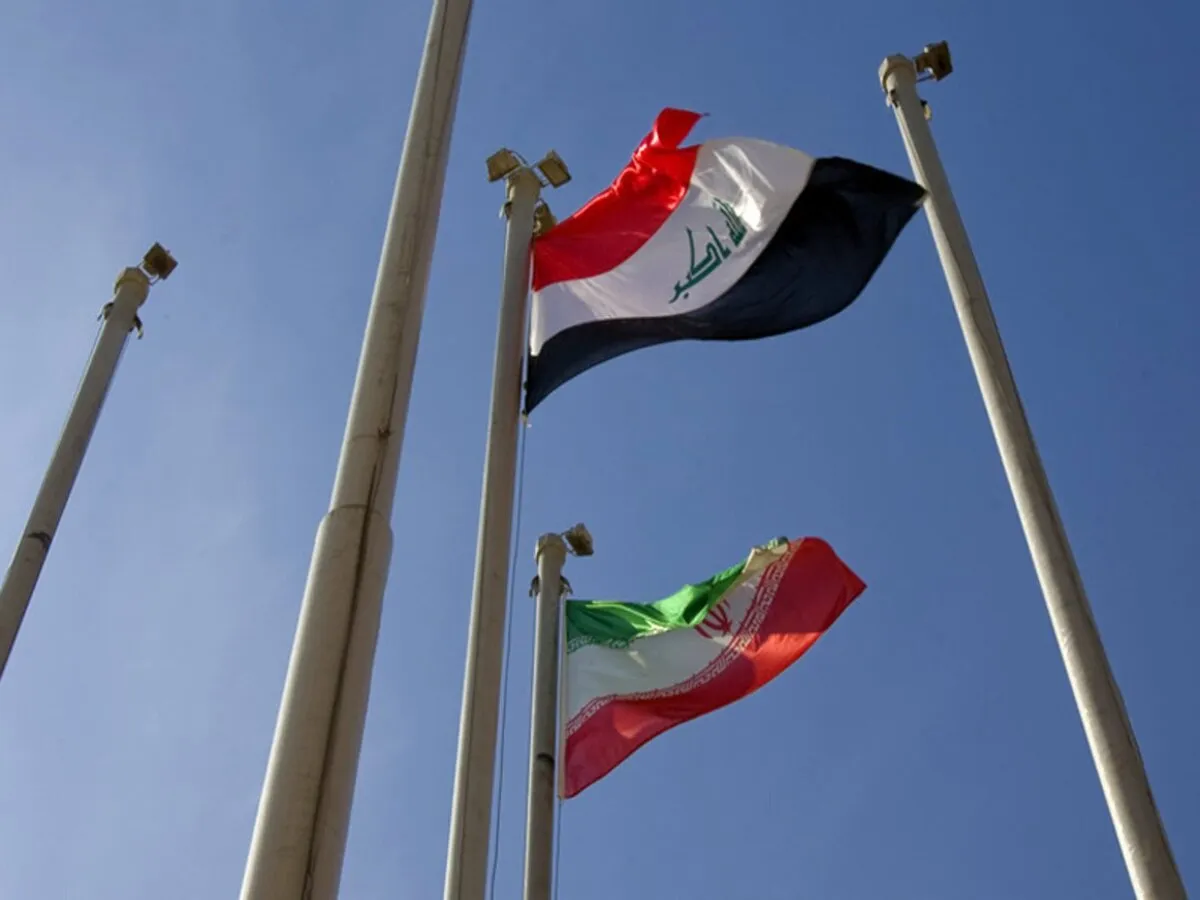Minister: Iran, Iraq to Increase Trade Ties to 40 Billion Dollars

Both nations have set ambitious targets for bilateral trade. The agreement reached in the second bilateral trade committee outlines plans to elevate trade volumes to $20 billion in the short term and a substantial $40 billion in the long term, with a focus on achieving trade balance, said Khandouzi after participating in the 6th Iran-Iraq Joint Cooperation Commission.
The recent session of the 6th Iran-Iraq Joint Cooperation Commission, held in Tehran, saw the participation of Iran's Minister of Economy and Iraq's Minister of Trade Athir Dawood Salman in which they underlined commitment to enhancing economic ties between the two nations.
Khandouzi highlighted the enduring growth of Iran-Iraq relations despite challenges, underscoring Iran's support for an independent, advanced Iraq as a pillar of regional stability.
He acknowledged external pressures but affirmed the resilience of the bilateral ties, particularly in political and economic spheres.
Khandouzi prioritized the expansion of economic cooperation with Iraq, citing the increasing momentum in economic and commercial collaborations.
He stressed the importance of addressing obstacles to further bolstering these relations, advocating for regular joint commissions to catalyze progress in economic, commercial, and industrial domains.
Khandouzi emphasized the untapped potential for deeper collaboration across various sectors, urging economic entities in both countries to intensify efforts in fostering commercial and industrial partnerships.
He highlighted opportunities for the exchange of know-how and cooperation in technical services, infrastructure projects, and energy initiatives, emphasizing the need to address challenges faced by Iranian companies operating in Iraq.
Khandouzi outlined the significance of resolving issues such as project implementation demands, bank guarantees, and facilitating Iranian investments in Iraq.
He underscored Iran's achievements in diverse sectors and proposed initiatives to enhance connectivity through road and railway networks between the two nations.
Khnqnouzi also emphasized the mutual benefits of energy cooperation and Iran's commitment to supporting Iraq's energy needs.
He stressed the importance of enhancing private sector engagement through mutual understanding of capacities and requirements, advocating for joint industrial initiatives to drive collaborative investments.
Dawood Salman, for his part, underlined a shared commitment to executing joint projects with Iranian counterparts, highlighting Iraq's strategic focus on expanding cooperation with neighboring countries and leveraging their resources.
He affirmed plans to establish joint industrial zones with Iranian private sector involvement and facilitate investment opportunities in Iraq for Iranian businesses.
4155/v





















